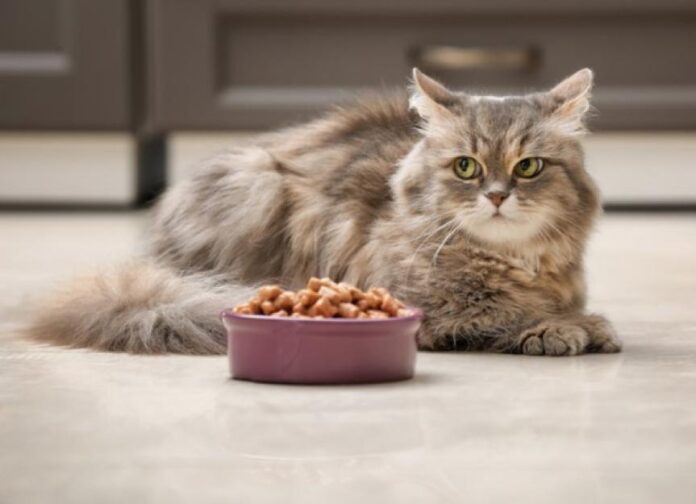Can Cats Eat Dog Food? Understanding the Nutritional Differences
At veterinary appointments, pet owners often ask whether cats can eat dog food. The short answer is yes, but in moderation. Cats may not suffer immediate toxicity from consuming dog food, but a steady diet of it can lead to serious health problems.
Why Cats Cannot Survive on Dog Food
Although a cat may nibble on dog food without any adverse effects, long-term consumption is not viable. The nutritional content of dog food differs significantly from cat food, tailored to meet the unique dietary needs of each species.
The Nutritional Needs of Cats vs. Dogs
While both cats and dogs are beloved pets, evolution has shaped their dietary requirements in fundamentally different ways. Understanding these differences is crucial for optimal pet care.
Cats as Obligate Carnivores
Cats are obligate carnivores, which means they require a diet rich in meat-based proteins and animal fats for their bodily functions. In contrast, dogs are omnivores and thrive on a more varied diet that includes both animal and plant-based foods.
Key Differences Between Cat Food and Dog Food
-
Taste Preferences
Cats have a unique palate compared to dogs. With only 470 taste buds, they lack the ability to sense sweetness and often find dog food unappealing.
-
Protein Content
The adequate protein requirement for cats ranges from 30-34%, while most dog foods offer only 18-26%. This difference is critical for maintaining a cat’s health.
-
Essential Nutrients
Cats require specific nutrients not typically found in dog food, including:
- Taurine: Essential for heart health and vision.
- Arachidonic Acid: A fatty acid required for overall health.
- Vitamin A: Necessary for maintaining a healthy coat and vision.
- Niacin: Critical for energy and overall well-being.
The Impact of Life Stages on Nutritional Needs
The Association of American Feed Control Officials (AAFCO) establishes nutritional standards for pet food. According to AAFCO regulations, pet food is categorized into three life stages:
- Growth
- Maintenance
- All-life stages
Nutrition requirements vary across these stages, with growing kittens needing more energy and nutrients and older cats requiring higher protein to maintain muscle mass. Standard dog food simply cannot meet these essential nutritional needs.
The Importance of High-Quality Cat Food
To ensure a long, healthy life for your cat, it is imperative to provide a high-quality diet specifically formulated for felines. While a few kibbles of dog food may not pose an immediate threat, it cannot fulfill a cat’s lifelong nutritional needs.
For responsible pet ownership, prioritize a balanced and species-appropriate diet to maintain your cat’s health and well-being.
Featured Image: iStock.com/srezniy











